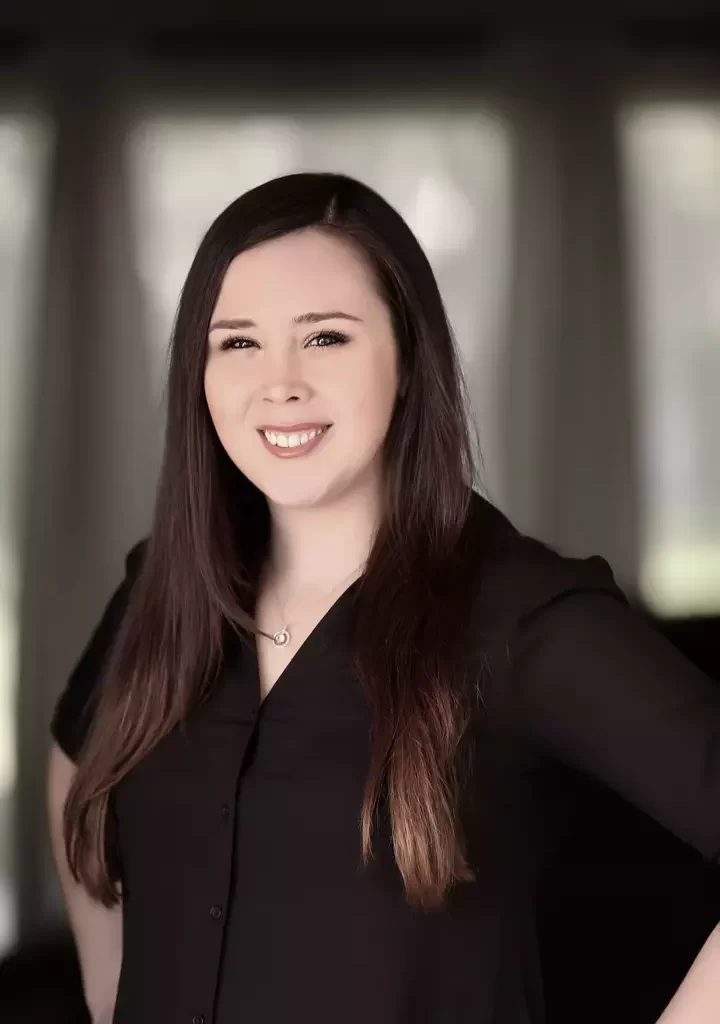Palm Beach Therapy Center – Boca Raton, FL
In many relationships, arguments can become the default mode of communication when tension arises. One partner says something triggering, the other reacts defensively, and suddenly you’re both in a heated exchange. But what if there’s a better way? What if instead of reacting with frustration, you paused and asked a curious question? Changing the dynamic from arguing to understanding isn’t just possible—it’s the foundation for lasting connection, and it’s something a skilled couples therapist can help you achieve.
The Default Mode: Arguing and Escalation
Every couple argues. But when disagreements quickly spiral into shouting matches or emotional shutdowns, something deeper is at play. Most arguments aren’t about the surface issue—they’re about feeling unheard, misunderstood, or disrespected. A couples therapist often sees this pattern: one partner feels attacked and lashes out; the other gets defensive or retreats, and the cycle continues.
The first step to changing the dynamic from arguing to understanding is recognizing when this pattern is happening. Instead of fighting over the dishes or the budget, pause and consider what’s really being communicated. Are you really angry about the dishwasher—or do you feel unappreciated?
From Heated to Curious: The Power of Asking Questions
When emotions run high, curiosity tends to vanish. But curiosity is one of the most effective tools for connection. A seasoned couples therapist teaches couples to replace reactivity with reflection by asking questions like:
- “Can you help me understand what you meant by that?”
- “Is this really about what just happened, or is there something deeper going on?”
- “Are you feeling criticized or unsupported right now?”
These questions interrupt the argument cycle and allow both partners to feel seen. They signal a shift from defensiveness to empathy—from arguing to understanding.
Curiosity Doesn’t Mean Avoiding Accountability
A common misconception is that understanding your partner means letting go of your own needs or boundaries. But changing the dynamic from arguing to understanding isn’t about avoiding conflict—it’s about engaging in it differently. A couples therapist helps both partners take responsibility for their words, tone, and impact, while staying open to the other person’s perspective.
Let’s say your partner snaps at you after work. Instead of snapping back, you might ask, “Is something going on at work today that’s making you feel overwhelmed?” This simple question shifts the energy in the room. It says, “I see you. I care. I’m not here to fight—I’m here to understand.”
Why Couples Fall into Argument Patterns
According to many couples therapists, these negative patterns often stem from childhood dynamics, unresolved trauma, or poor communication models. Without the tools to express emotions safely, partners often resort to yelling, sarcasm, or avoidance. Changing the dynamic from arguing to understanding means unlearning these habits and creating new, healthier ways to connect.
It’s not just about fixing what’s broken—it’s about building something better.
How a Couples Therapist Can Help
A couples therapist acts as a guide, helping you and your partner identify the triggers that lead to arguments and practice healthier responses. Through structured exercises and open dialogue, a couples therapist can teach you how to listen with empathy, express needs without blame, and reconnect even after conflict.
In fact, one of the most powerful interventions a couples therapist can offer is modeling what “curious communication” looks like in real time. Instead of assuming your partner is trying to hurt you, you’ll learn to ask, “What did you mean by that?” or “How can we resolve this without hurting each other?”
Creating Long-Term Change
Real change doesn’t happen overnight. Changing the dynamic from arguing to understanding takes patience, vulnerability, and practice. But with the guidance of a compassionate couples therapist, couples can transform even the most volatile dynamics into respectful, connected partnerships.
A great couples therapist will remind you: you’re not on opposite teams. You’re in this together. And with the right tools, you can move from being adversaries to allies.
Final Thoughts: Take the First Step
If you and your partner are stuck in a cycle of arguments, don’t wait until resentment builds. Seek support. A couples therapist can help you rebuild the foundation of your relationship and finally break free from the exhausting loop of conflict. Contact our office at (561) 485-4633 or send us a note for us to contact you today.
Changing the dynamic from arguing to understanding isn’t just a therapy buzz phrase—it’s the key to deeper love and lasting partnership.



